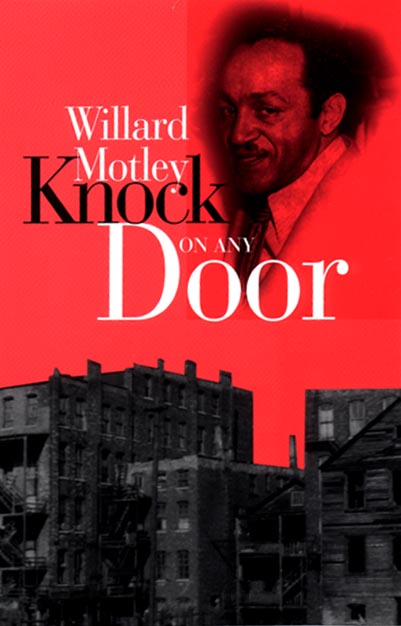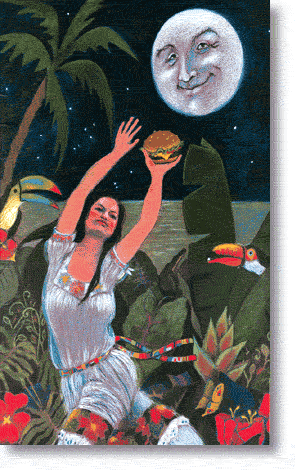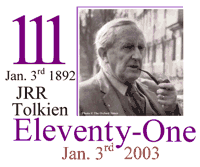|
|
ART WARS:
That Old Devil Moon |

Kylie Minogue
|
From The New York Times, Wed., Jan. 1, 2003:
Richard Horner, 82,
Broadway Producer, Is Dead
Richard Horner, a Broadway theater owner and producer who won a Tony Award for the 1974 revival of Eugene O'Neill's "Moon for the Misbegotten," died on Saturday [December 28, 2002] at his home in Palm Springs, Calif. He was 82.
According to one source, the O'Neill revival opened on December 28, 1973 — the same date on which the life of one of its producers was later to close.
From a CurtainUp review:
The revival at the Morosco was dubbed by its company "The Resurrection Play" since Jason Robards undertook the part just after a near fatal car accident and its legendary director José Quintero had just given up drinking.
According to the Internet Broadway Database, this revival, or resurrection, took place officially not on December 28 — the date of Horner's death — but, appropriately, a day later.
At any rate, O'Neill's title, along with my weblog entry of December 28, 2002,
"On This Date," featuring Kylie Minogue,
suggests the following mini-exhibit of artistic efforts:
|
Curtain Up!
July 2000
issue of GQ:
Australian pop star Kylie Minogue strikes a pose. The cover is a takeoff on an Athena tennis poster. |
 |
|
Under the Volcano:
A painting based on Malcolm Lowry's classic novel.
Having played tennis, Dr. Vigil and M. Laruelle talk about the events a year earlier.
The view is of Cuernavaca from the Casino de la Selva hotel.
Painting by
Julian Heaton Cooper.
|
 |
For further details on Kylie, Mexico, tequila, and
Under the Volcano,
see my entry of November 5, 2002.
For today's site music, click "Old Devil Moon" here.
|
Addendum of 9:30 pm 1/1/03:
For a politically correct view
of the above GQ cover,
see Charlotte Raven's essay,
"The Opposite of Sexy,"
from The Guardian, June 13, 2000.
For a more perceptive analysis,
see George Orwell's essay,
"The Art of Donald McGill,"
from Horizon, September 1941.
An Example of McGill's Art
If there is a devil here,
I suspect it is less likely to be
Kyllie Minogue than Charlotte Raven.
Today's birthdays:
J. D. Salinger (Nine Stories),
E. M. Forster ("Only connect"), and
Sir James Frazer (The Golden Bough).
Frazer might appreciate the remarks in
the SparkNotes essay on The Natural,
cited in my note "Homer" of Dec. 30, 2002,
on bird symbolism and vegetative myths.

Not amused: Charlotte Raven
Raven, take a bough. |
4:24 pm
|













 Red Dragon
Red Dragon








